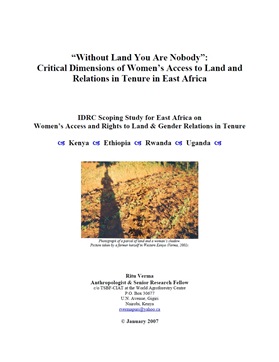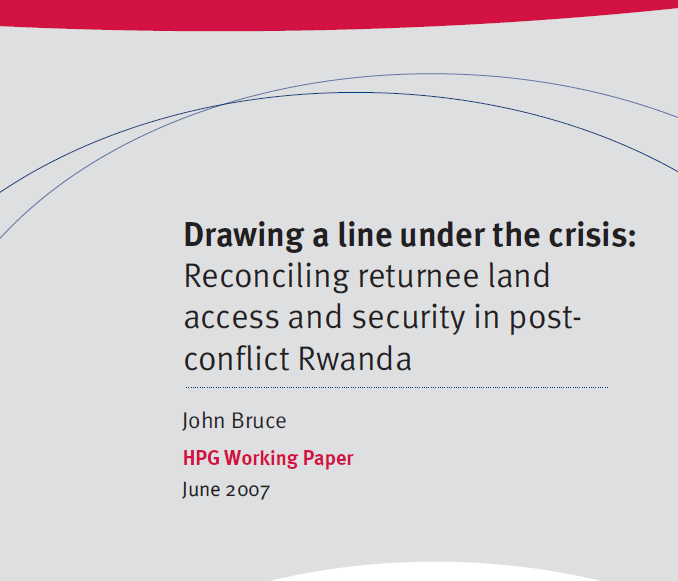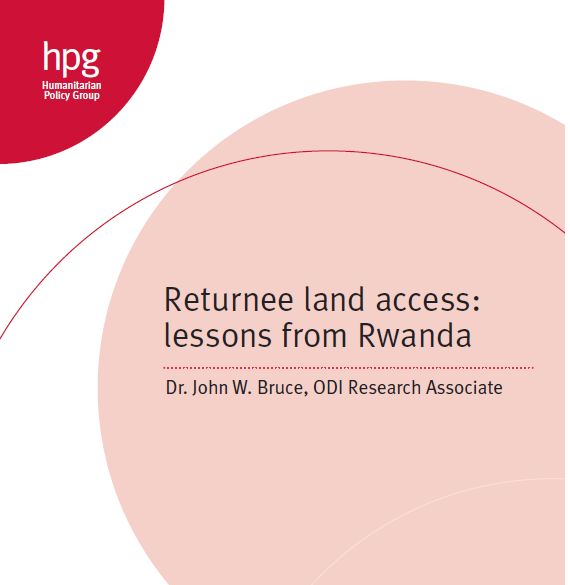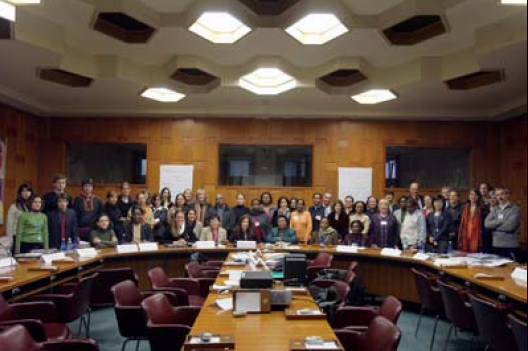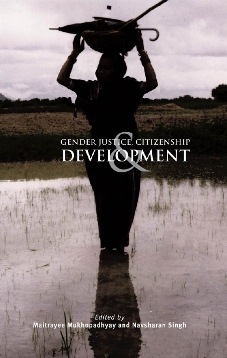Civil Society Position on The Draft National Land Policy
The Civil Society commends the Ministry of Lands for spearheading the important process of developing the Draft National Policy, and affirms that land is central to the livelihoods of most Kenyans and as such its access, use, ownership, administration and distribution are of key national concern. Thus, having critically examined the Draft Policy we do hereby make our position on the way forward on the salient policy proposals of the Draft National Land Policy document.






